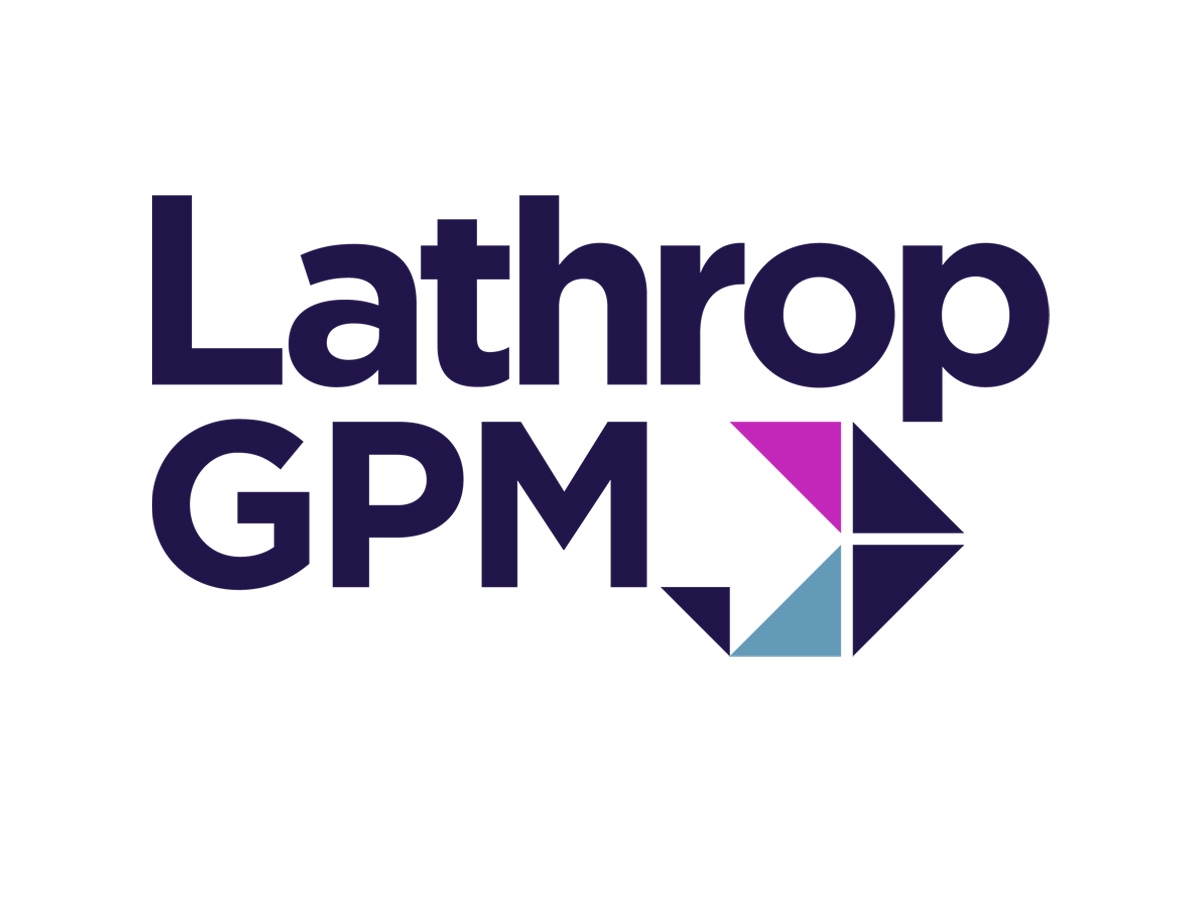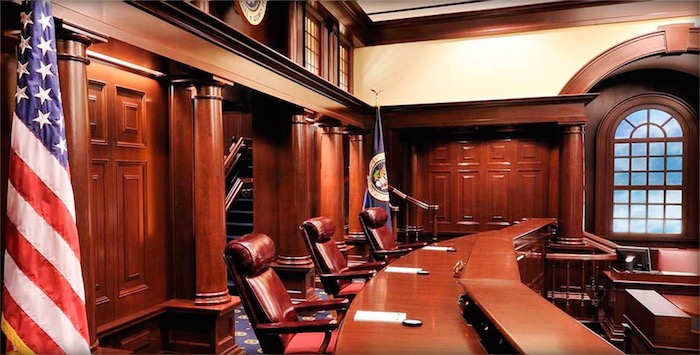Where Do We Stand on the USPTO’s ANPRM and the PREVAIL Act?
“One reason identified for the perceived delay in issuing a comprehensive NPRM is the amount of time required for USPTO personnel to review the extensive public comments received on the ANPRM.”
As we enter 2024, major policy initiatives are pending at the United States Patent and Trademark Office (USPTO) and in Congress aimed at overhauling certain aspects of Patent Trial and Appeal Board (PTAB) practice. These initiatives—the Advance Notice of Proposed Rulemaking (ANPRM) and PREVAIL Act, respectively, are at a critical point, with elections less than a year away. This article discusses the current state of both.
The ANPRM
On April 20, 2023, the USPTO announced the ANPRM seeking public input regarding proposed changes to discretionary institution practices, petition word limits, and settlement practices for America Invents Act (AIA) proceedings before the PTAB. The ANPRM was not an actual rules package, instead it requested public comment on potential rule changes relating to the institution phase at the PTAB.
Broadly, the issues identified in the ANPRM are aimed at curbing serial IPR petitions and at codifying the current Fintiv analysis (including requiring institution where the Petitioner has filed a so-called Sotera stipulation or where the Petition shows “compelling merits.”). Other proposals include, for example, allowing petitioners to pay additional fees for the ability to file two parallel petitions and allowing separate briefing on discretionary denial issues. The USPTO is currently evaluating extensive public comments on the ANPRM and will issue a formal Notice of Proposed Rulemaking (NPRM) after its evaluation is complete. After a comment period, the USPTO will then finalize the rules.
The PREVAIL Act
On June 22, 2023, Senators Coons and Tillis introduced the Promoting and Respecting Economically Vital American Innovation Leadership Act, or “PREVAIL Act.” The PREVAIL Act builds upon previously introduced bills and seeks to “strengthen the U.S. patent system and protect the intellectual property of America’s innovators by reforming the” PTAB. The PREVAIL Act proposes a number of changes to the America Invents Act (AIA), including but not limited to (1) requiring Petitioners to essentially have declaratory judgment standing (thus eliminating most third party petitioners), (2) increasing the burden of proof on Petitioners to clear and convincing from preponderance of the evidence, and (3) cracking down on duplicative filings. The PREVAIL Act has largely been received as beneficial for patent owners, although many provisions have received relatively widespread support.
Where Do We Go From Here?
Neither the USPTO rules nor the PREVAIL Act have made much headway. The USPTO issued a limited NPRM in October 2023 which specifies that the Director should not be involved prior to institution and that PTAB management is not involved in panel decision making. However, this NPRM is targeted narrowly to internal PTAB procedures and falls short of the more comprehensive rules package of significant changes to PTAB institution procedures that many expected would issue during fall 2023.
One reason identified for the perceived delay in issuing a comprehensive NPRM is the amount of time required for USPTO personnel to review the extensive public comments received on the ANPRM. The USPTO received over 14,000 comments. Reviewing and categorizing this magnitude of comments, even where many are duplicative, is a significant undertaking. Another reason that a comprehensive NPRM has not issued yet may be the significant disagreement in implementing many of the suggested rules. Relatively few of the suggestions in the ANPRM appear to have clear support from a majority of interested parties. Further, because the ANPRM does not actually propose any rules, many of the comments are so general or abstract that it is not clear what the proposed rule would be. Thus, the Office is left to sort through thousands of comments to distill rules that have broad support.
The PREVAIL Act likewise has gained limited traction. On November 8, 2023, the U.S. Senate’s Subcomittee on Intellectual Property held public hearings on the Act. Most of the witnesses and senators expressed at least some support for elements of the PREVAIL Act. Representative Lamar Smith, one of the original sponsors of the AIA, emphasized that the IPR process’ original intent was an alternative to litigation that could decrease the cost of litigation and streamline proceedings. In his view, the PREVAIL Act would return the AIA closer to this original intent. Joe Kiani, CEO of medical technology company Masimo, also testified in support of the PREVAIL Act. Mr. Kiani testified regarding Masimo patents that had survived numerous invalidity challenges in district court only to later be invalidated by IPRs—and at a cost of over $13 million to Masimo. Mr. Kiani pointed out that his experience fighting numerous expensive IPRs at the same time as litigating those patents was contrary to the intent of the AIA, which was to provide quiet title to inventors in a proceeding that is less expensive and more efficient than district court.
This will be a critical year for the ANPRM and PREVAIL Act. With elections in the fall, time is running short. Perhaps another targeted NPRM directed to issues where there is general agreement could be adopted by the USPTO, but the USPTO has yet to issue such an NPRM, let alone finalize the proposed rules. Similarly, most commenters seem to agree that the PREVAIL Act in its current form is unlikely to pass in this Congress. Given that the PREVAIL Act itself incorporates portions of several earlier bills that did not pass, parts of the PREVAIL Act may be repackaged and reintroduced in a future Congress. However, the interest in both the ANPRM and PREVAIL Act suggests a growing consensus that after ten years in existence, the IPR process needs at least some modification to better serve the AIA’s original goal of serving as a less expensive alternative to district court invalidity proceedings.
Image Source: Deposit Photos
Author: bloomua
Image ID: 16891083
Stephen McBride
Steve McBride is a partner at Carmichael IP. Steve is an experienced patent attorney whose practice focuses on representing patent owners in all aspects of inter partes and post grant […see more]







